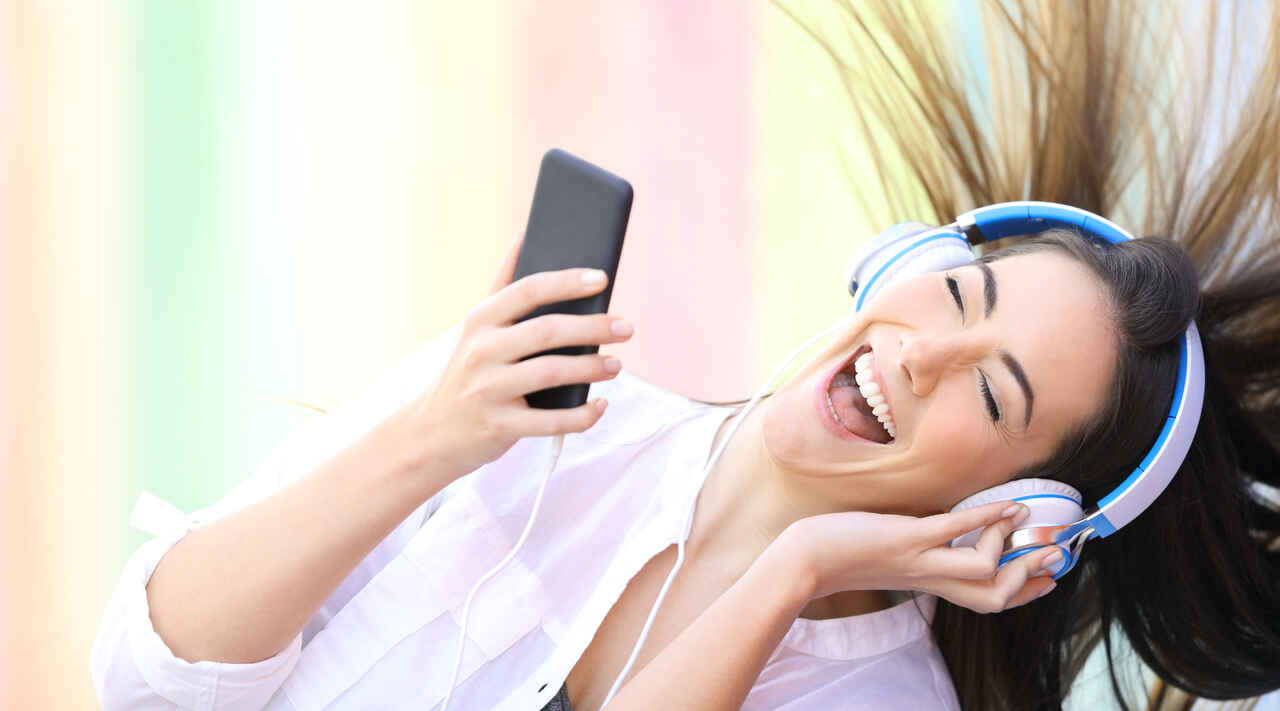 Summer fun can increase the likelihood of experiencing these problems with your ears.
Summer fun can increase the likelihood of experiencing these problems with your ears.
Ear pain or trouble with your hearing can ruin your plans for fun and relaxation. If you’ll be attending a concert, watching fireworks, traveling or spending time at the beach or pool this summer, taking a few precautions will help you avoid these common ear issues.
Hearing Loss
Your risk of hearing loss increases when your ears are exposed to loud noises, such as those at a concert, fireworks show or even through your earbuds. Loud noise damages the hair cells in your inner ear. These cells send sound signals to your brain and play an important role in hearing. If the cells are damaged, they can’t transmit the signals.
According to the American Speech-Language-Hearing Association, you may experience hearing loss if you listen to sounds at 85 decibels for more than 8 hours. Sounds at higher decibel levels can damage your hearing much more quickly.
To avoid temporary or more permanent hearing loss:
-
-
- Wear noise-cancelling earplugs that decrease the volume yet still allow you to enjoy concerts and fireworks.
- If other people can hear the music when earbuds are in your ears, it’s time to turn down the volume. Keep it at 60% or lower.
- Earbuds can also make it more difficult for ear wax to naturally move out of your ear if you wear them too often. This can lead to wax build-up, which may cause pain, ringing in the ears and temporary hearing loss. It’s recommended that you use earbuds for no more than 60 minutes.
-
“Keeping water out of the ears when swimming can substantially decrease the risk of developing swimmer’s ear. Custom ear molds can be made in the ENT department in about 10 minutes, and are a great way to keep water out of the ears during fun summer activities.”
Ear Infections
Using earbuds can also increase your risk of an ear infection. Bacteria collects on the surface of the buds if you don’t clean them with a moist cloth or alcohol wipe after each use. Then when you put the earbuds back in your ear, that bacteria can travel into your ear canal. Never share earbuds with anyone because sharing increases the amount of bacteria on the earbuds.
An ear infection may also be a problem after a day at the beach or pool. Swimmer’s ear, a painful infection that affects the outer part of the ear canal, can happen if you get water in your ear. You can reduce your risk of developing swimmer’s ear by:
-
-
- Using waterproof earplugs or swim molds when swimming
- Wearing a bathing cap
- Tilting your head to allow trapped water to drain from your ear canals after exiting the water
- Putting over-the-counter drying drops in your ears after swimming
- Avoiding swimming when the bacteria count is high or the water looks dirty
-
Ear Pressure
Will you be traveling on an airplane this summer? Taking off and landing changes the pressure in your ears and can clog them, causing pain and difficulty hearing.
Equalize ear pressure during your flight by:
-
-
- Swallowing, yawning, chewing gum or sucking on candy during takeoff and landing.
- Taking a decongestant or using a decongestant nasal spray 30 minutes to 1 hour before your flight (check with your doctor first before using).
- Using pressure-filtering ear plugs that equalize pressure in your ears.
-
Copyright 2021 © Baldwin Publishing, Inc. All rights reserved.
Health eCooking® is a registered trademark of Baldwin Publishing, Inc. Cook eKitchen™ is a designated trademark of Baldwin Publishing, Inc. Any duplication or distribution of the information contained herein without the express approval of Baldwin Publishing, Inc. is strictly prohibited.
Date Last Reviewed: June 17, 2021
Editorial Review: Andrea Cohen, Editorial Director, Baldwin Publishing, Inc. Contact Editor
Medical Review: Perry Pitkow, MD
Learn more about Baldwin Publishing Inc. editorial policy, privacy policy, ADA compliance and sponsorship policy.
No information provided by Baldwin Publishing, Inc. in any article is a substitute for medical advice or treatment for any medical condition. Baldwin Publishing, Inc. strongly suggests that you use this information in consultation with your doctor or other health professional. Use or viewing of any Baldwin Publishing, Inc. article signifies your understanding and agreement to the disclaimer and acceptance of these terms of use.